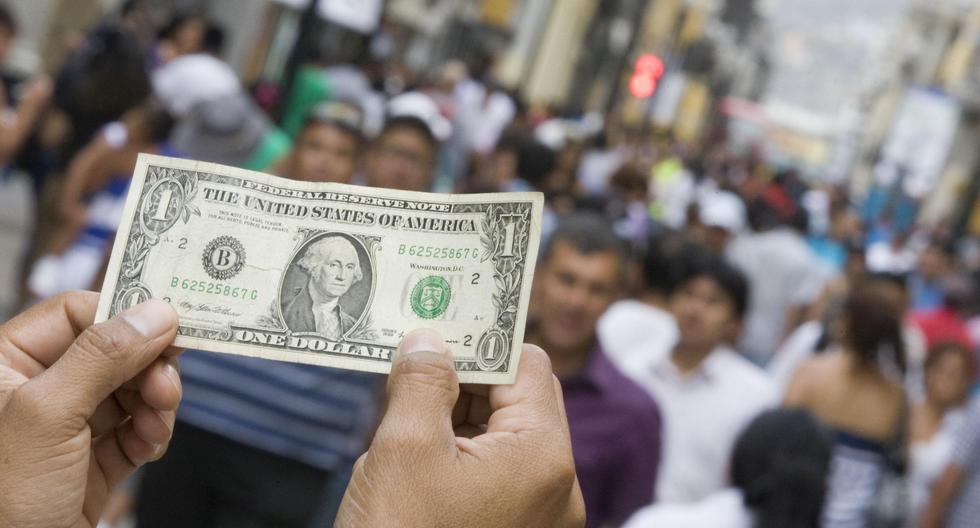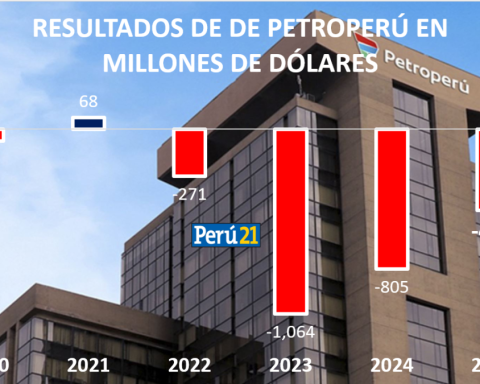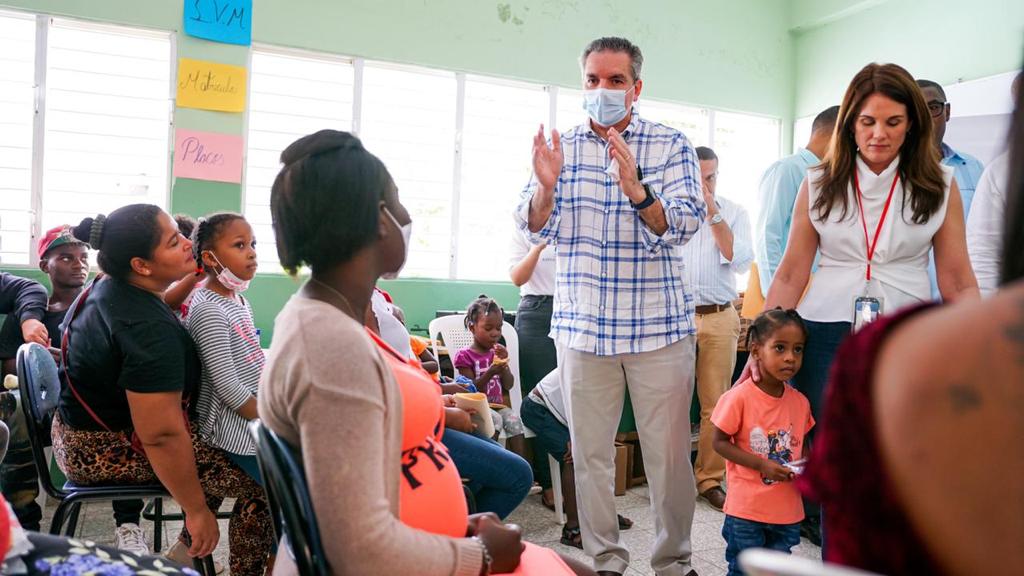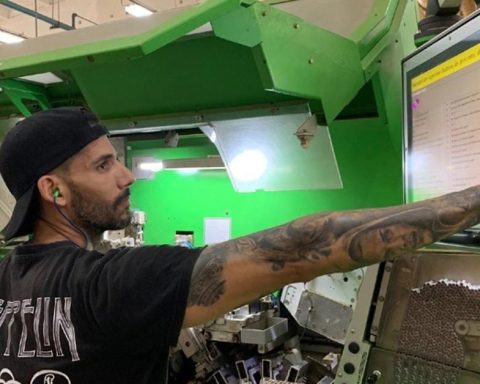The pandemic the Covid-19 it has brought serious socioeconomic consequences for most of the countries of the world. In this sense, sending remittances it has been an economic lifeline for many vulnerable families, whose economy depends on financial transfers sent by their relatives from abroad.
According to the World Bank, by 2022 the flow of global remittances is expected to increase by 2.2% to reach US$565 billion. This shows the popularity and efficiency of this financial tool, especially useful for developing countries. In fact, according to the aforementioned entity, low- and middle-income nations received officially registered remittance flows of US$540 billion in 2020.
LOOK: Return to classes: the motivations that an adult can find to return to their basic studies
In this sense, it is important to know the proper way to send remittances, avoiding scams and guaranteeing the reception of the money at the point of destination. Claudia Reyes, general manager of Western Union in Peru, shared four recommendations to send remittances safely.
- Compare prices and commissions between the various services. The executive recommended that before sending money, the different companies that provide this service be investigated. “The ideal is that there is no significant decrease in the original amount to be sent, so we must stop to compare the prices and commissions they offer,” she said.
- Verify the reliability and legality of the company. The executive indicated that it is vital to ensure that the remittance sending company is correctly registered with the country’s regulatory government institution. In this way, it will be possible to know that it is a reliable and formal company and that, in the event that any inconvenience arises with the transaction, there will be official support from the State that will protect your interests and claims.
- Find out the particularities of sending remittances to the country of destination. The specialist commented that each country has its own regulations and particularities, therefore, it is important to know the commission that will be charged, the time in which the money will be received by the recipient, the existence of taxes, exchange rate, among others. . “In this way, the client will make a much more informed decision and will opt for the alternative that best suits their needs, depending on the country of destination,” said Reyes.
- Know the guarantees and return policies. “It is important that the guarantees, return and cancellation policies of the company chosen for sending remittances be known, because in the event of any eventuality that may arise, the consumer will be informed of the processes to follow for the return of the money and will not be seen harmed,” he recommended.
Finally, in the context where remittances continue to be a fundamental source of income for millions of families and communities around the world, it is relevant to make this process as safe as possible and accessible to the user.

















